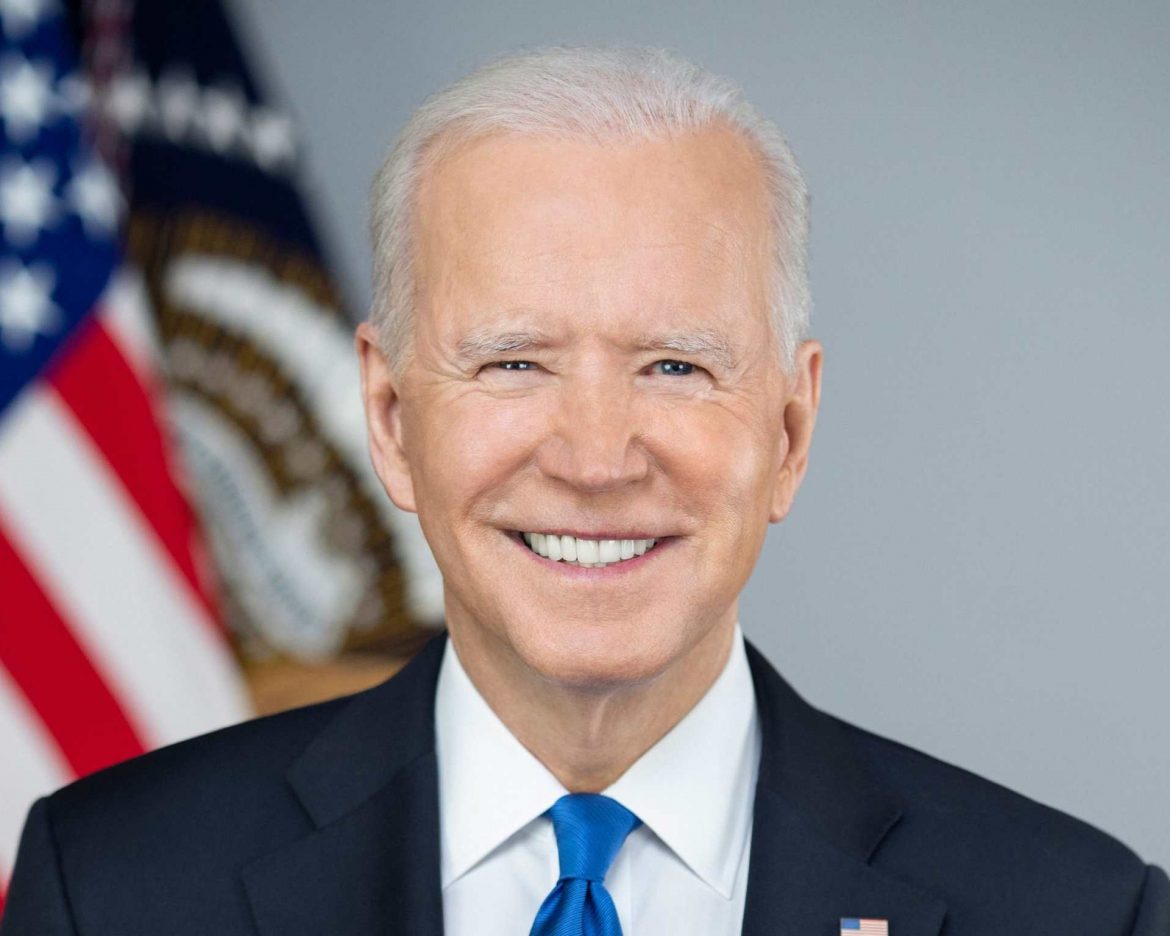The Biden administration has finalised revised fuel economy rules for trucks and SUVs, requiring a less ambitious target than initially proposed. The National Highway Traffic Safety Administration (NHTSA) announced that it would raise the Corporate Average Fuel Economy (CAFE) requirements to approximately 50.4 miles per gallon by 2031, a modest increase from the current 39.1 mpg.
The finalised rules are significantly more lenient compared to the agency’s earlier proposal, which projected a requirement of 58 mpg by 2032. The decision to soften the standards is viewed as a victory for major automakers, particularly the Detroit Three – General Motors, Ford, and Stellantis – who lobbied heavily against the initial proposal, deeming it unfeasible and warning of substantially higher vehicle prices.
The NHTSA cited automakers’ concerns about their inability to simultaneously phase out large, fuel-inefficient light trucks while transitioning to electric vehicle manufacturing as the rationale for the revised rules. Environmental groups have criticised the new standards as not stringent enough, while automakers have welcomed the decision, praising the administration’s recognition of the industry’s challenges.
The move is seen as an effort by President Joe Biden, who is seeking reelection in November, to build support among auto workers and their unions. These groups had previously cautioned against the more aggressive initial proposals, which drew criticism from Republican candidate Donald Trump, who has blasted the administration’s backing of electric vehicles and stricter vehicle regulations.
Under the final rule, the auto industry is collectively expected to face a total of USD 1.83 billion in fines from 2027 through 2031, a significant reduction from the USD 14 billion in projected fines over a five-year period estimated under the initial proposal. Additionally, the new rules ease compliance requirements for light trucks in the initial years, with no increase in standards for 2027 and 2028, followed by 2% annual increases from 2029 through 2031.
The decision to soften the fuel economy rules is the third regulatory action by the Biden administration in recent months that has tightened vehicle regulatory proposals less than initially promised, following revisions to compliance calculations for electric vehicles and new tailpipe rules.
While automakers have praised the revisions, environmental advocates argue that the weakened rules will result in excessive gasoline consumption and pollution, potentially ceding the clean vehicle market to foreign automakers. The administration’s move underscores the delicate balance between promoting clean energy initiatives and addressing the concerns of the domestic automotive industry during the transition to electric vehicles.



